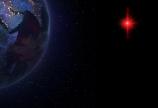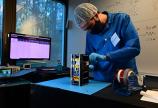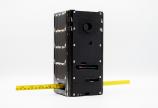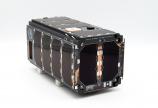UVic satellite set to blast into space
- Tara Sharpe
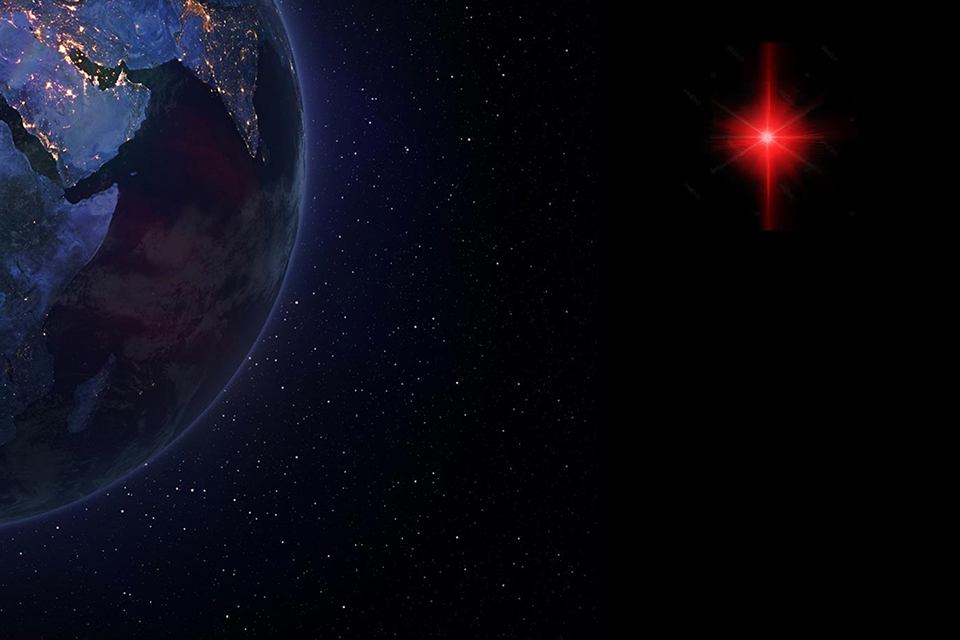
On Nov. 22, a University of Victoria engineering graduate was on site at the Kennedy Space Center to witness the launch of a lifetime. UVic is at the forefront of modern space research and UVic alumnus Alexander Doknjas was joined in Florida by others on the UVic satellite team, as well as virtually by those gathered here on campus.
Day to day, we didn’t necessarily see progress towards the end goal of launching and operating a satellite in space. So for me, being at the space centre I was nervous but really excited and proud of our team to see it all come together and reach the milestone of launching a satellite. ORCASat is not only UVic's first satellite, it's the first CubeSat designed and manufactured in BC, a first for both for academia and industry. And none of this would’ve been possible without UVic and particularly Prof. Suleman. We don't have an aerospace engineering program yet. So we had to start from scratch. And we were still able to pull it off. That’s really special. It’s a great example for other schools too. If you want to do it, you can do it.
—ORCASat tech lead and UVic alumnus Alex Doknjas (BSc in Electrical Engineering, ’19)
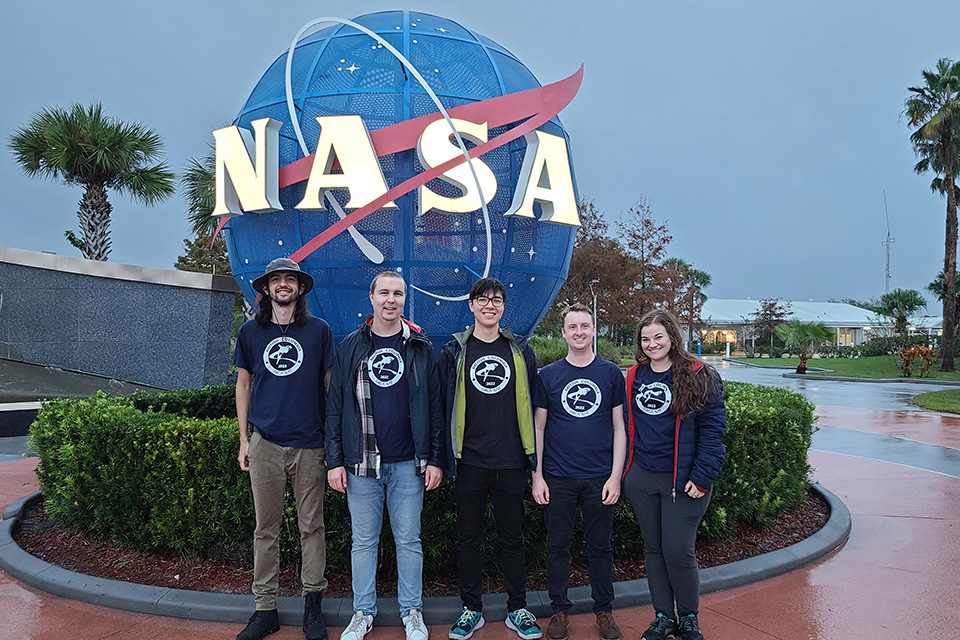
At 12:54 p.m., UVic’s ORCASat satellite was scheduled for lift off with NASA’s SpaceX CRS-26. It was dependent on weather and everyone awaited word together on the countdown. Just moments before lift off, NASA postponed the launch due to poor weather conditions in the area along Florida's Space Coast.
Update: On Saturday, Nov. 26 at 2:20 p.m. EST, NASA SpaceX’s 26th commercial resupply services mission blasted off from Kennedy Space Center, with the UVic team watching in jubilation from the West Coast.
We started 10 years ago with design and manufacturing. And we started from zero. Students created the satellite club at UVic. And, thanks to their efforts and those of all the scientists, engineers and technicians over the years, the ORCASat mission is going to space. This is the first UVic satellite in space. It’s an exciting time.
—UVic mechanical engineer Afzal Suleman, Canada Research Chair in Computational and Experimental Mechanics and founding director of UVic’s Centre for Aerospace Research (CfAR)
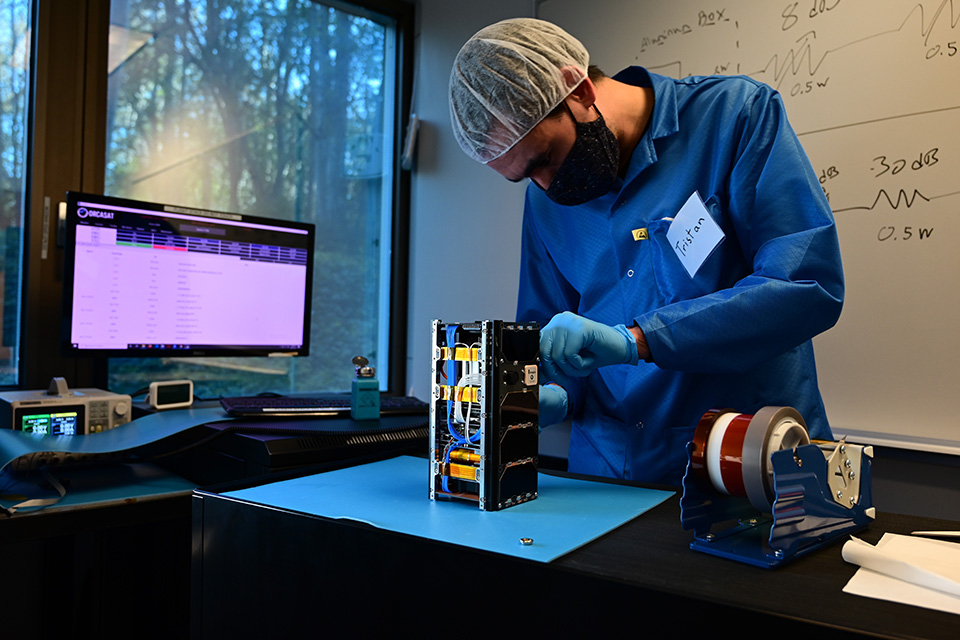
First UVic satellite in space
Built by a diverse team of engineering students and scientists led by Canada Research Chair and UVic aerospace systems engineer Afzal Suleman, the miniature satellite once on its way will rendezvous with the International Space Station (ISS) then be deployed to collect data through 2023.
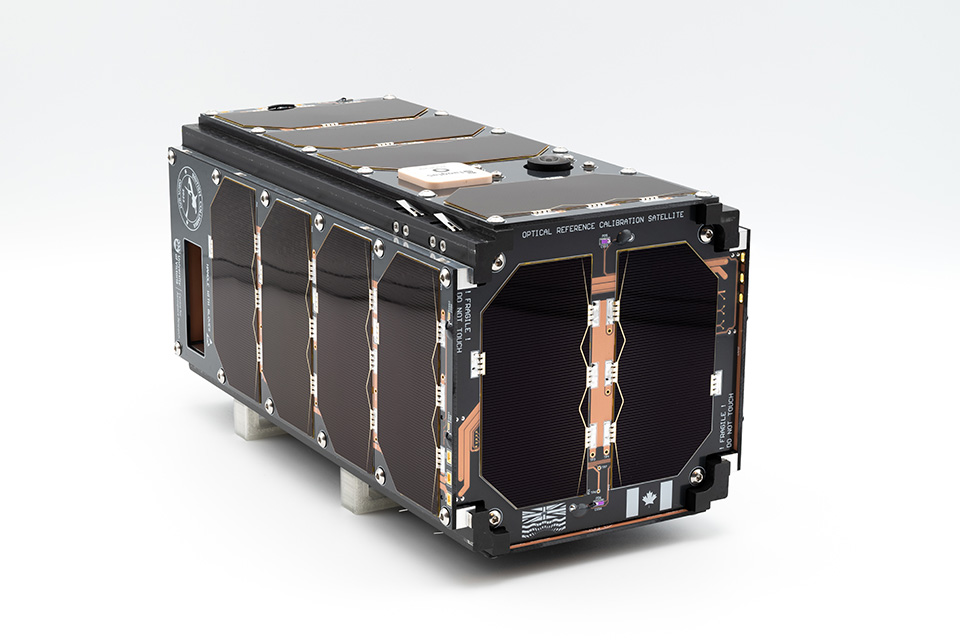
The UVic satellite won a national competition as part of the Canadian CubeSat Project (CCP) by the Canadian Space Agency (CSA) and, as a result, is one of the first two universities from Canada to launch satellites with the NASA missions.
In June 2022, the CSA hosted our ORCASat team along with the second CubeSat team—LORIS from Dalhousie University—to participate in the integration of their nanosatellites into the module that’s now poised to be launched from the ISS once the NASA mission blasts off.
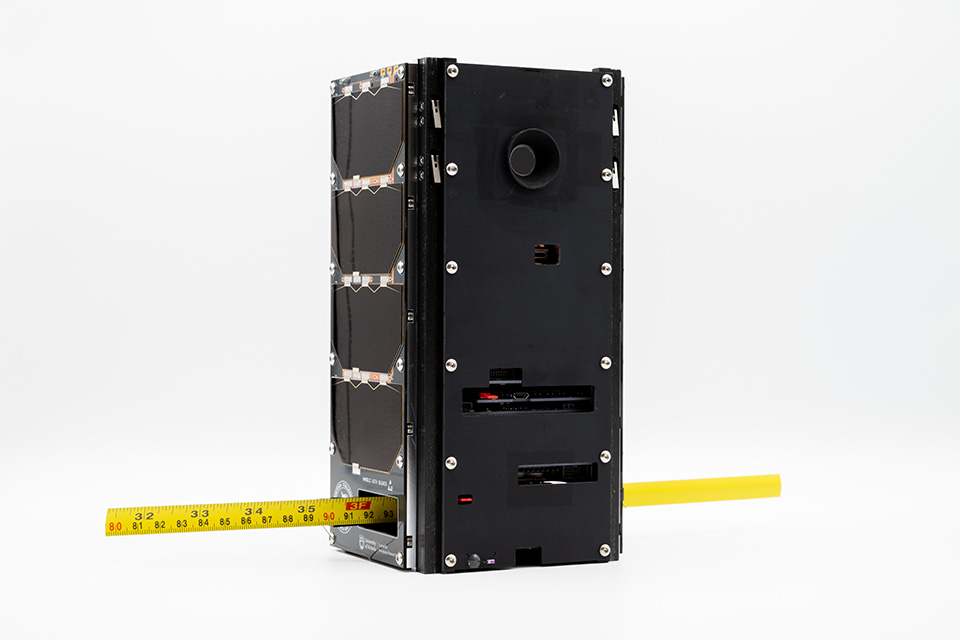
After it’s set in orbit around our planet, ORCASat (for Optical Reference Calibration Satellite) will provide a unique artificial star reference for the world’s ground-based telescopes, helping contribute to precise calibration of space instrumentation that measures the brightness of stars and supernovae.
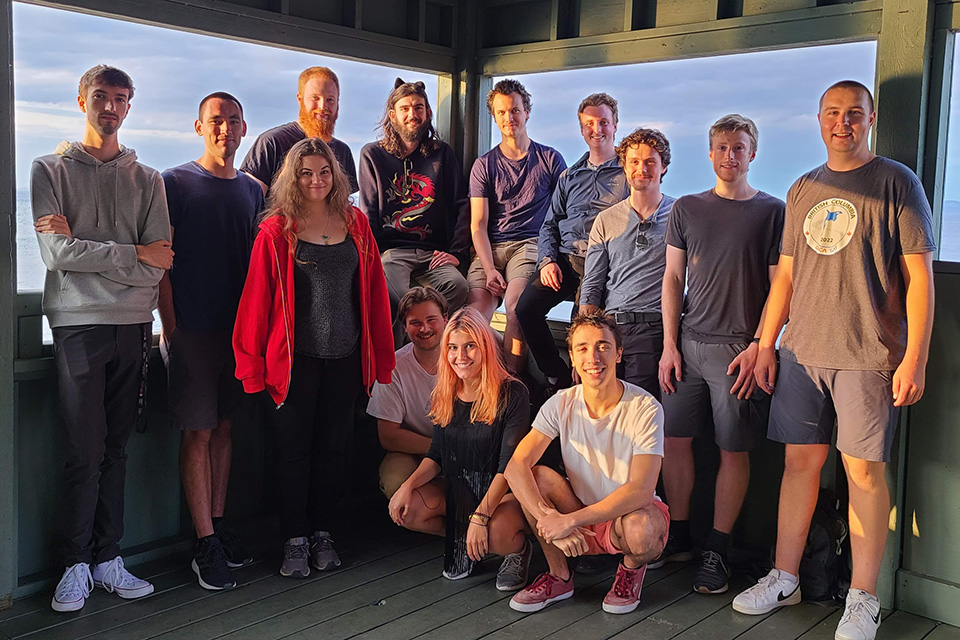
Nearly 10 years ago, ECOSat—a UVic club of undergrad and graduate students gaining real-life experience working on a nanosatellite—was part of the exciting initial steps at UVic now culminating with this month's NASA launch. ECOSat won a Canada-wide satellite competition, with no plans for launch. (It was a design challenge for mission ideas.)
ORCASat continues to actively seek partners from government and industry. For instance, an engineering and manufacturing company based in Victoria and led by UVic mechanical engineering alum Ray Brougham (who was on site at our live-feed event this week) was approached by the UVic satellite design team early on. Rainhouse Manufacturing Canada Ltd. then got down to business working with our students to engineer and manufacture most of the housing and parts for the ORCASat satellite.
Join us in watching the live feed. NASA Live (NASA TV for all live events)
Find out more
- UVic ORCASat project website: www.orcasat.ca
- UVic first announced this project in 2018: Original news release
- See CSA’s media advisory Nov. 18, 2022: CubeSats launching to space
- More about ECOSat in 2014: Winning design is next thing in space travel
- More about CSA’s post-secondary initiative: Canadian CubeSat project teams
Photos
